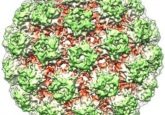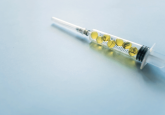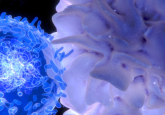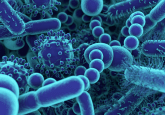Can a high-fiber diet lead to a better immunotherapy response?
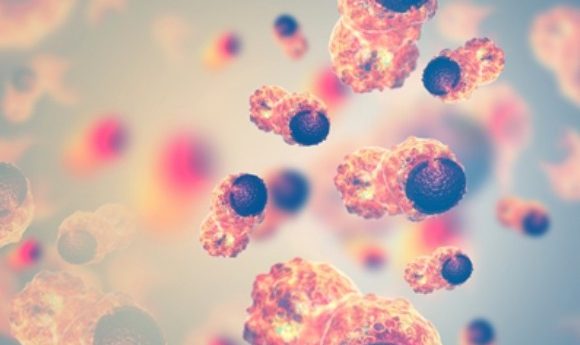
Consuming a high-fiber diet is found to be associated with a more diverse gut microbiome and a better cancer immunotherapy response.
An association between a high-fiber diet, the gut microbiome and cancer immunotherapy response has been uncovered by the Parker Institute for Cancer Immunotherapy (CA, USA) researchers. The results, reported during a media preview of the AACR Annual Meeting 2019 (29 March – 3 April, GA, USA), are from a study among melanoma patients treated with anti-PD-1 immunotherapy, and show that patients with a high-fiber diet could be up to five-times more likely to respond to treatment.
“We know from prior research that eating a high-fiber diet has a lot of health benefits,” commented research scientist Christine Spencer. “But with this preliminary research on cancer patients and the microbiome, it appears that fiber is also linked to a better response to immunotherapy.”
This is the first clinical study to report on the relationship of diet, microbiome and checkpoint blockade immunotherapy response. Utilizing fecal samples collected from 113 melanoma patients beginning treatment at the MD Anderson Cancer Center (TX, USA), the diversity and type of bacterial species present were characterized.
The researchers found that a gut microbiome with more diverse bacterial species was related to the patient’s response to therapy. They also determined that there were no significant differences in gut microbiome based on factors including age, sex and body mass index.
It had previously been reported that melanoma patients with a gut microbiome rich in bacteria of the Ruminococcaceae family were more likely to respond to anti-PD-1 treatment. In this study, the researchers confirmed that a high-fiber diet consisting of whole grains, fruits and vegetables, was positively associated with this bacterial family. While diets high in processed meats and sugars were negatively associated with these bacteria.
“We found that diet and supplements appear to have an effect on a patient’s ability to respond to cancer immunotherapy, most likely due to changes in their gut microbiome,” explained Spencer.
“The gut microbiome plays a big role in moderating the immune system, so the idea that we could potentially change the microbiome – whether by diet or other means – to improve response to immunotherapy treatment is really exciting.”
From a subset of 46 patients, it was found that those who consumed a high-fiber diet were approximately five-times as likely to response to anti-PD-1 treatment when compared with those who consumed a low-fiber diet.
Surprisingly, the use of probiotic supplements was associated with lower gut microbiome diversity. “There’s a perception that taking probiotics improves gut health, but our results, although early, suggest that may not be the case for cancer patients,” concluded Spencer.
